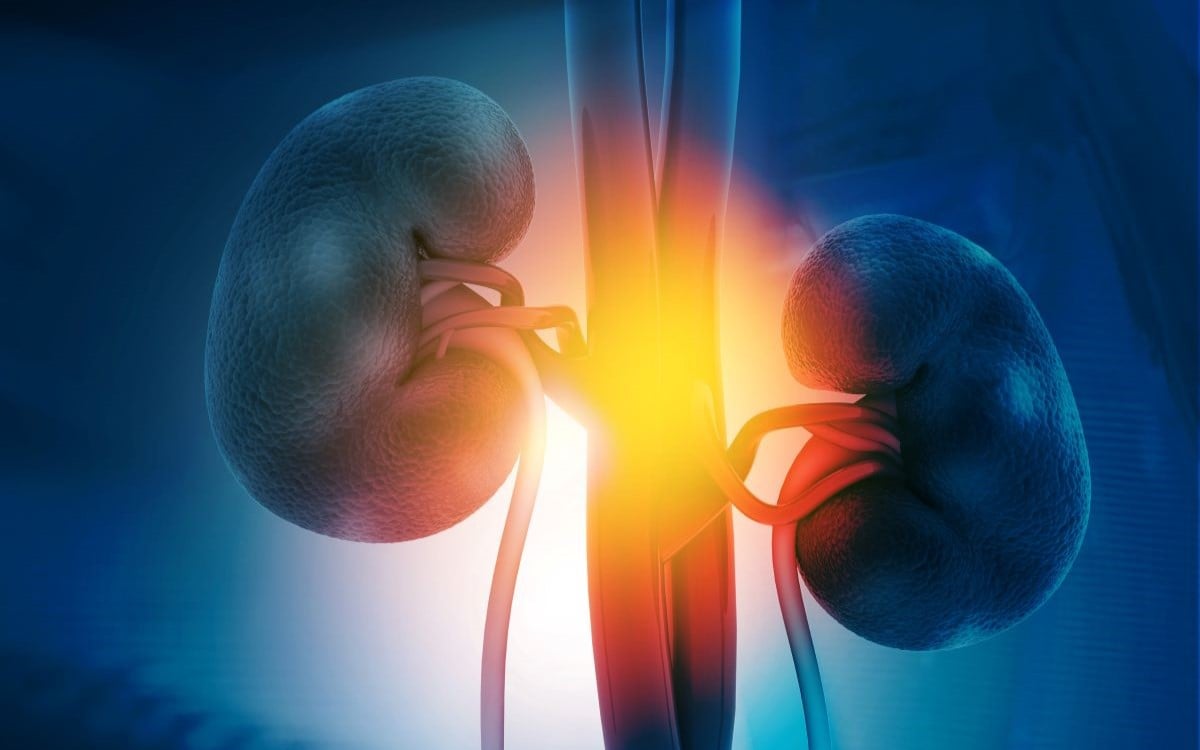
The potential health benefits of GLP-1 diabetes and weight loss meds keep piling up: New research shows they may also shield your kidneys from harm. In the largest study to date on the effects of the drugs on the kidneys, researchers found GLP-1s help the protect the organs in people with or without diabetes. GLP-1s… read on > read on >


















